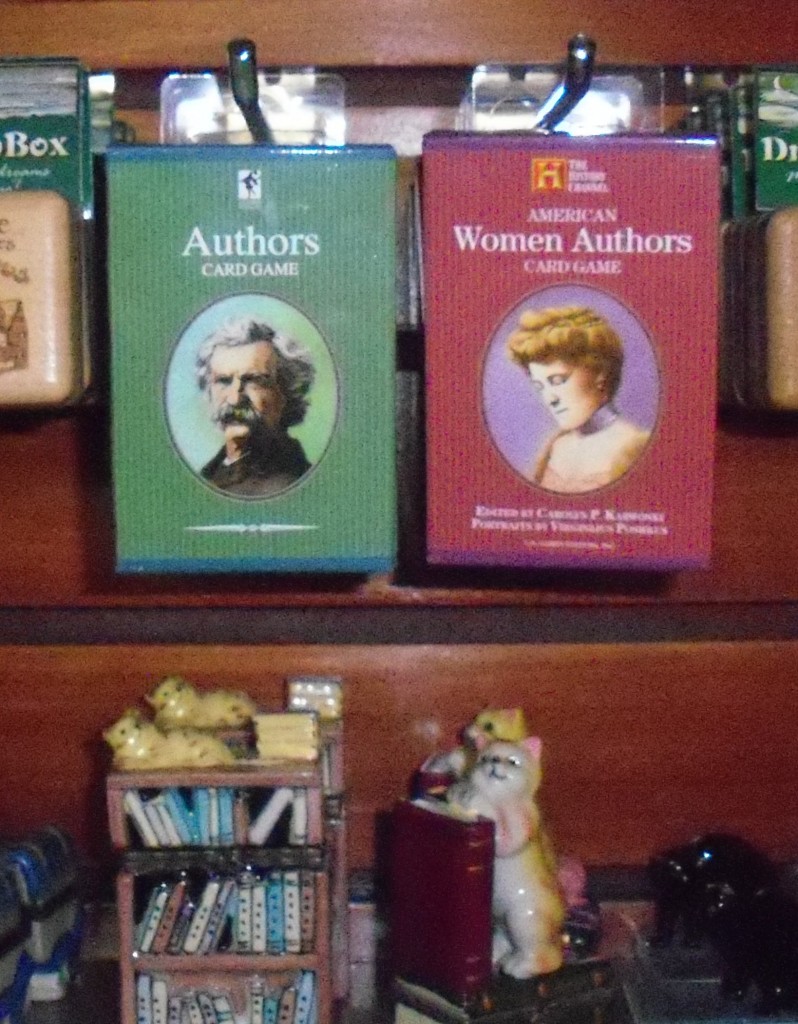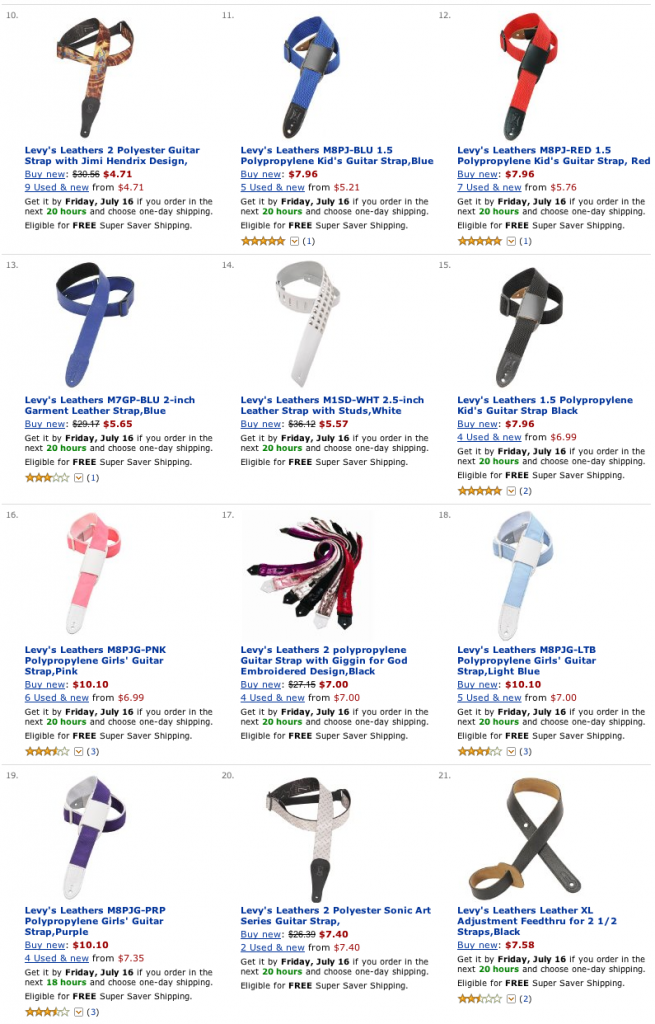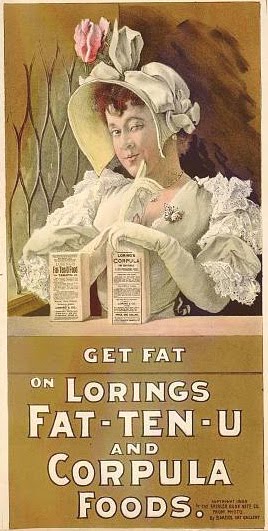Dmitriy T.M. sent in another example, via Jezebel, of the use of hunting as a metaphor for dating/attaining sex with women. The metaphor portrays men as predators and women as prey, suggesting that women are inherently unwilling and men inherently deceitful, coercive, and aggressive. This sets the stage, discursively, for sexual assault.
Throw in a couple men representing a non-specifically “primitive” culture to remind us that such a relationships is “natural,” and you’ve got this Dos Equis ad:
For more of this metaphor, see Sex and Dating as a Hunt, Beer, Sex, and the Hunt, Taxidermied Girl Parts, and Hunting for Bambi.
Lisa Wade, PhD is an Associate Professor at Tulane University. She is the author of American Hookup, a book about college sexual culture; a textbook about gender; and a forthcoming introductory text: Terrible Magnificent Sociology. You can follow her on Twitter and Instagram.


















